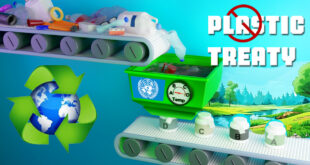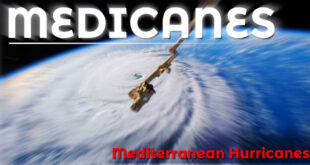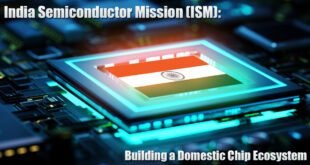The confrontation between the U.S. and Iran in West Asia could snowball with damaging economic consequences
On July 7, Iran announced that it would begin enriching uranium above a concentration of 3.67% permitted under the nuclear deal, known as the Joint Comprehensive Plan of Action (JCPOA), reached by Iran and the P5+1 (China, France, Germany, Russia, the United Kingdom, and the United States) on July 14, 2015.
This followed its July 1 announcement that it had breached the limit of the 300 kg of enriched uranium stockpile that was allowed by the JCPOA. It appears Iran’s patience is wearing out. Finally, the U.S. announced in April this year that it would not extend waivers granted earlier to eight countries (China, India, Japan, South Korea, Taiwan, Turkey, Italy and Greece) which had been the largest importers of Iranian oil. This decision was aimed at totally choking off the export of Iranian oil — the primary foreign exchange earner for Tehran — in order to bring Iran to its knees and force it to accept American demands spelt out by U.S. Secretary of State, Mike Pompeo. These included further curbs on Iran’s nuclear programme including total stoppage of uranium enrichment even at low levels permitted by the JCPOA and monitored by the International Atomic Energy Agency. All these demands went far beyond the limits placed on Iran by the JCPOA and most were unrelated to Iran’s nuclear programme. Iran’s government rejected these demands while still keeping the door open for negotiations, hoping against hope to draw the U.S. back into the nuclear deal. However, persisting and escalating moves by the U.S. during the past year now seem to have made it impossible for Tehran to simultaneously maintain the contradictory position of resisting American demands while continuing to comply with restrictions imposed on its nuclear programme by the JCPOA. Therefore, the Iranian government, in order to maintain its standing with the populace, has been left with no option but to undertake tit-for-tat measures, further heightening the political temperature in the Persian Gulf. This has turned the U.S.-Iran standoff into a game of chicken in which either one of the parties to the game blinks and concedes victory to the other or a “crash” becomes inevitable. The American-Iranian confrontation seems to be inexorably heading towards the latter outcome. If taken to its logical conclusion this scenario can turn out to be catastrophic for the entire West Asian region as well as for the international economy. Oil supplies from the Persian Gulf are likely to be greatly reduced if not totally eliminated sending oil prices sky-rocketing, especially threatening the vulnerable economies of the global South.
Mohammed Ayoob is University Distinguished Professor Emeritus of International Relations, Michigan State University and Non-Resident Senior Fellow, Center for Global Policy, Washington DC
Check Also
India Semiconductor Mission (ISM): Building a Domestic Chip Ecosystem
Introduction The Indian government, recognizing the critical role of semiconductors in the digital age, launched …
 Chinmaya IAS Academy – Current Affairs Chinmaya IAS Academy – Current Affairs
Chinmaya IAS Academy – Current Affairs Chinmaya IAS Academy – Current Affairs



